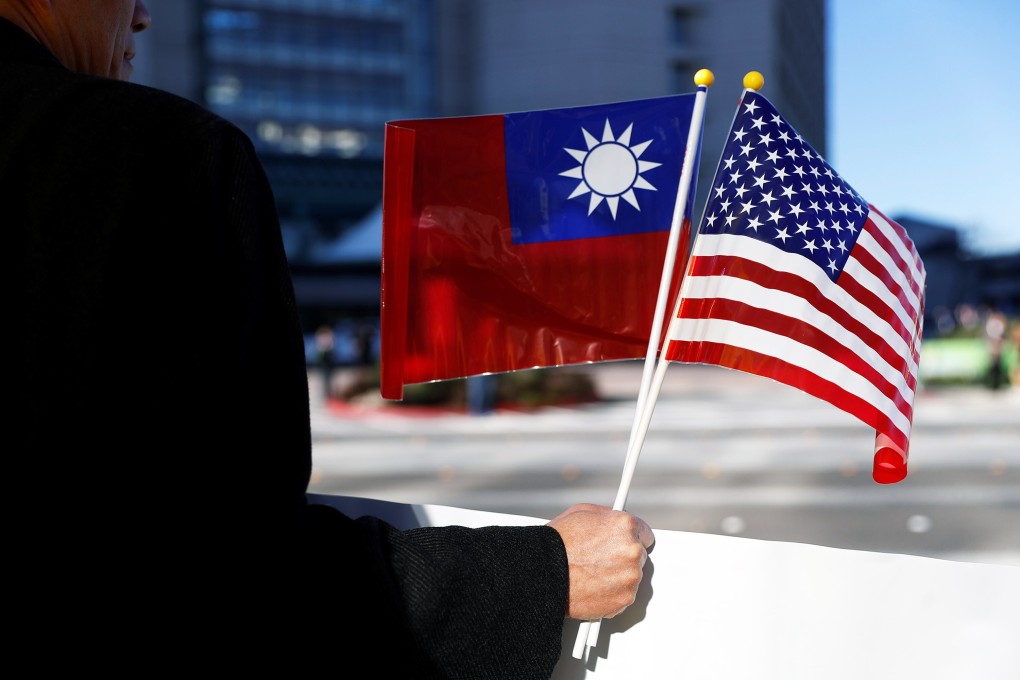Biden democracy summit invitation to Taiwan ‘risks crisis in China-US ties’
- Taipei says it wants to attend the gathering in December, saying it shares values with the United States
- Researcher warns that consequences would be unprecedented

The foreign ministry in Taipei said on Thursday it aimed to attend the summit, saying Taiwan would strive to defend democracy and human rights with the US and other like-minded countries.
“The theme of the summit includes defending against authoritarianism, fighting corruption and promoting human rights, which are the values shared by Taiwan and the United States,” Regine Chen, deputy director of North American affairs at Taiwan’s foreign ministry, said in Taipei.
“We are working hard to coordinate with the Biden government to secure a place at the summit.”

01:14
‘Our commitment to Taiwan is rock solid’, US says about mainland China’s intimidation in the region
Beijing sees Taiwan as a breakaway province to be taken back under its control, by force, if necessary, and has been wary of warming ties between Taipei and Washington.